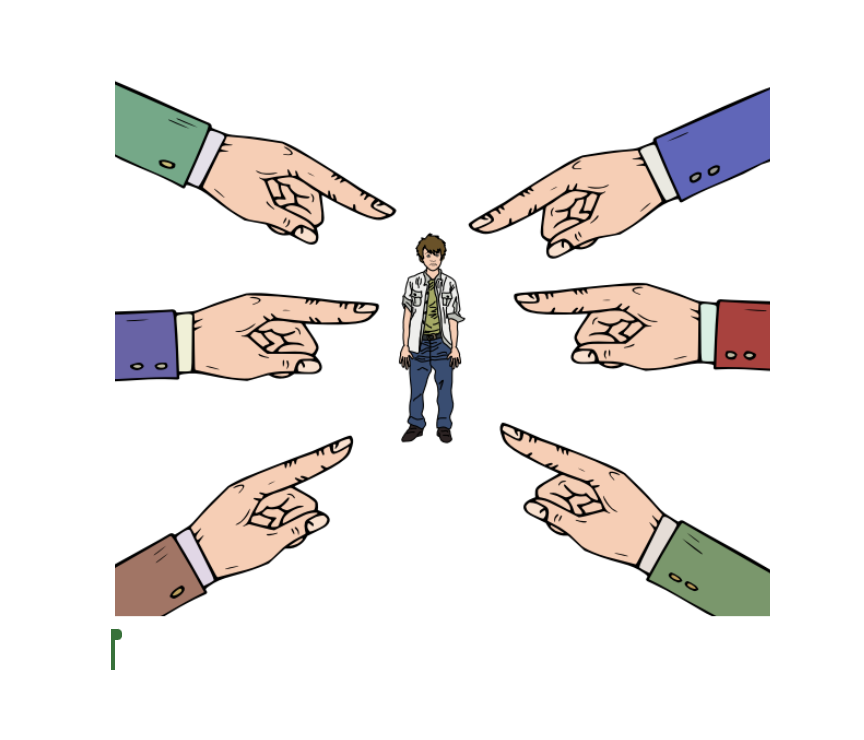
In today’s society, body image issues are prevalent, and children are not exempt from experiencing the effects of body shaming. Whether it’s comments from peers, media influence, or even remarks from well-meaning adults, children can internalize negative messages about their bodies. As parents, it’s crucial to understand how to respond effectively when our children encounter body-shaming experiences. By providing the right support and guidance, we can help them develop healthy self-esteem and resilience against such harmful behaviors.
Understanding Body-Shaming:
Body-shaming refers to the act of making critical or derogatory comments about someone’s physical appearance. It can manifest in various forms, including teasing, bullying, or making comparisons to unrealistic standards of beauty. Children who experience body-shaming may feel ashamed, insecure, or develop negative body image issues, which can impact their overall well-being and mental health.
How to Respond:
1. Listen with Empathy: When your child confides in you about experiencing body-shaming, it’s essential to listen attentively and empathize with their feelings. Create a safe space for them to express themselves without fear of judgment. Acknowledge their emotions and reassure them that you’re there to support them.
2. Validate Their Feelings: Let your child know that their feelings are valid and understandable. Avoid dismissing their concerns or trivializing their experiences. Instead, offer words of validation and affirmation to boost their self-confidence.
3. Encourage Open Dialogue: Foster open communication about body image and self-esteem within your family. Encourage discussions about diverse body types, beauty standards, and the importance of self-acceptance. Create opportunities for your child to ask questions and express their thoughts freely.
4. Teach Resilience: Help your child build resilience by emphasizing their strengths, talents, and inner qualities rather than focusing solely on appearance. Teach them coping strategies to deal with negative comments or criticism positively. Encourage them to cultivate hobbies and interests that make them feel confident and empowered.
5. Challenge Unrealistic Beauty Standards: Discuss the unrealistic beauty standards perpetuated by the media and society. Teach your child to question these ideals and recognize that beauty comes in all shapes, sizes, and colors. Encourage them to embrace their uniqueness and celebrate diversity.
6. Lead by Example: Be mindful of the messages you convey about body image and self-worth. Avoid making negative comments about your own body or others’ appearances. Model self-love, confidence, and healthy lifestyle choices. Show your child that true beauty lies in kindness, compassion, and authenticity.
7. Seek Professional Help if Needed: If you notice persistent signs of low self-esteem or body image issues in your child, consider seeking professional help from a therapist or counselor. Professional guidance can provide valuable support and interventions tailored to your child’s specific needs.
As parents, we play a crucial role in shaping our children’s attitudes towards their bodies and self-worth. By responding to instances of body-shaming with empathy, validation, and constructive dialogue, we can help our children develop resilience and a positive body image. Let’s empower our children to love and accept themselves for who they are, inside and out. Together, we can create a world where every child feels valued, confident, and worthy of love and respect.
